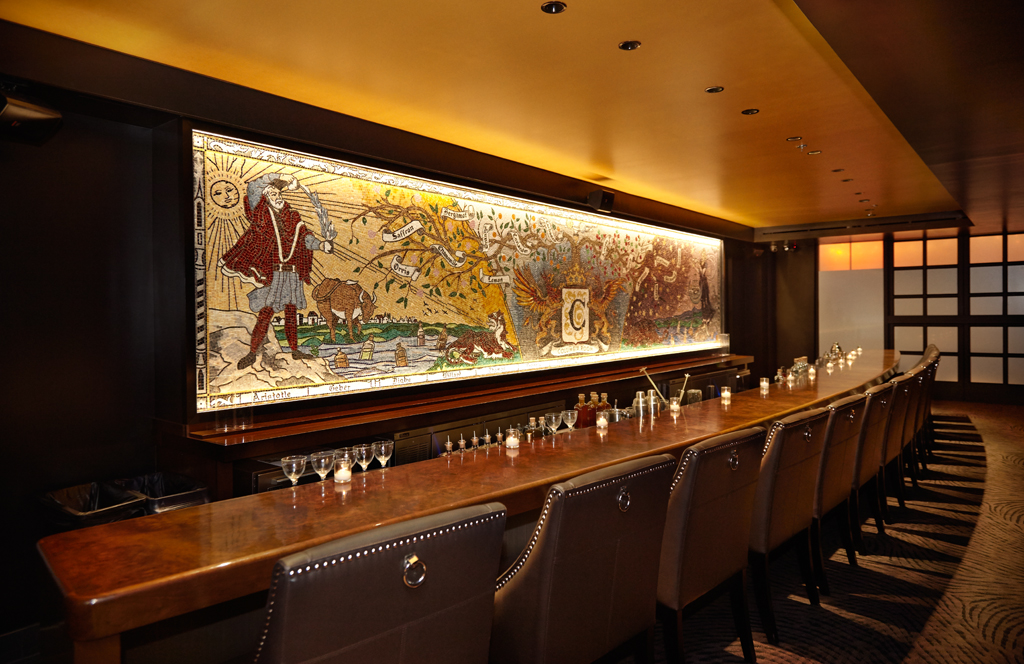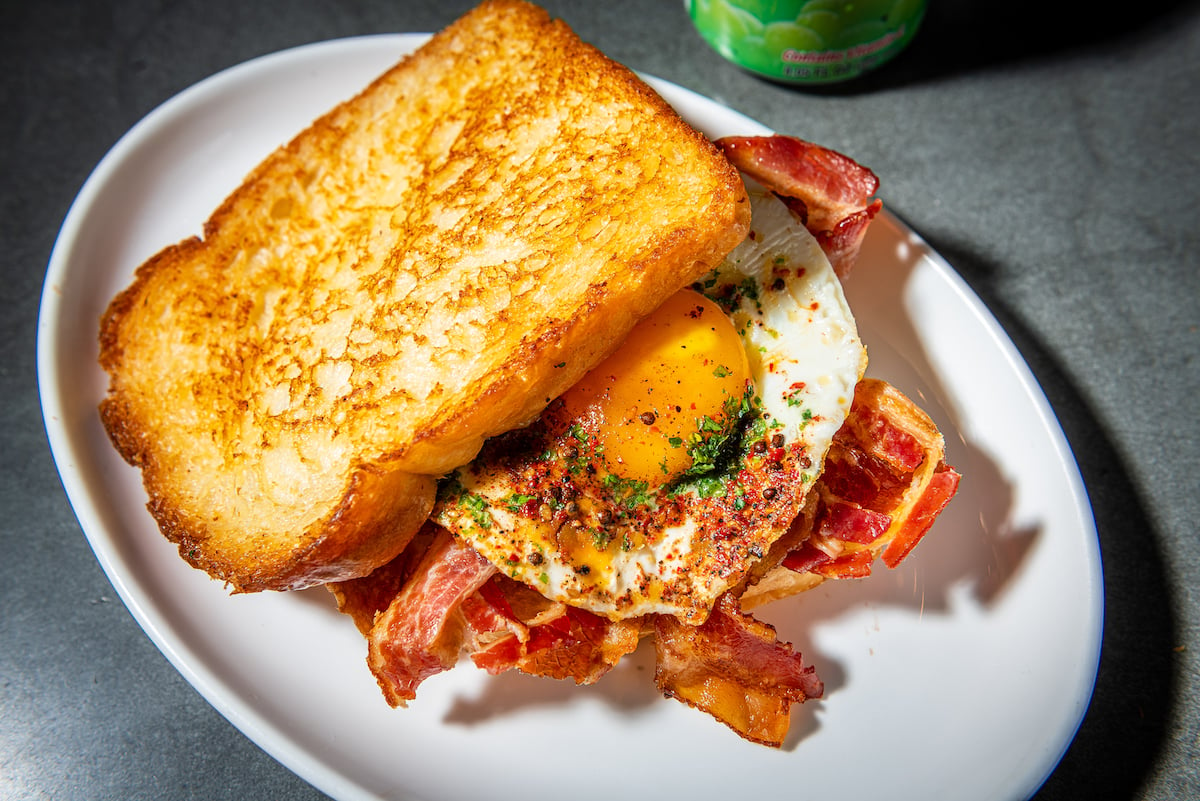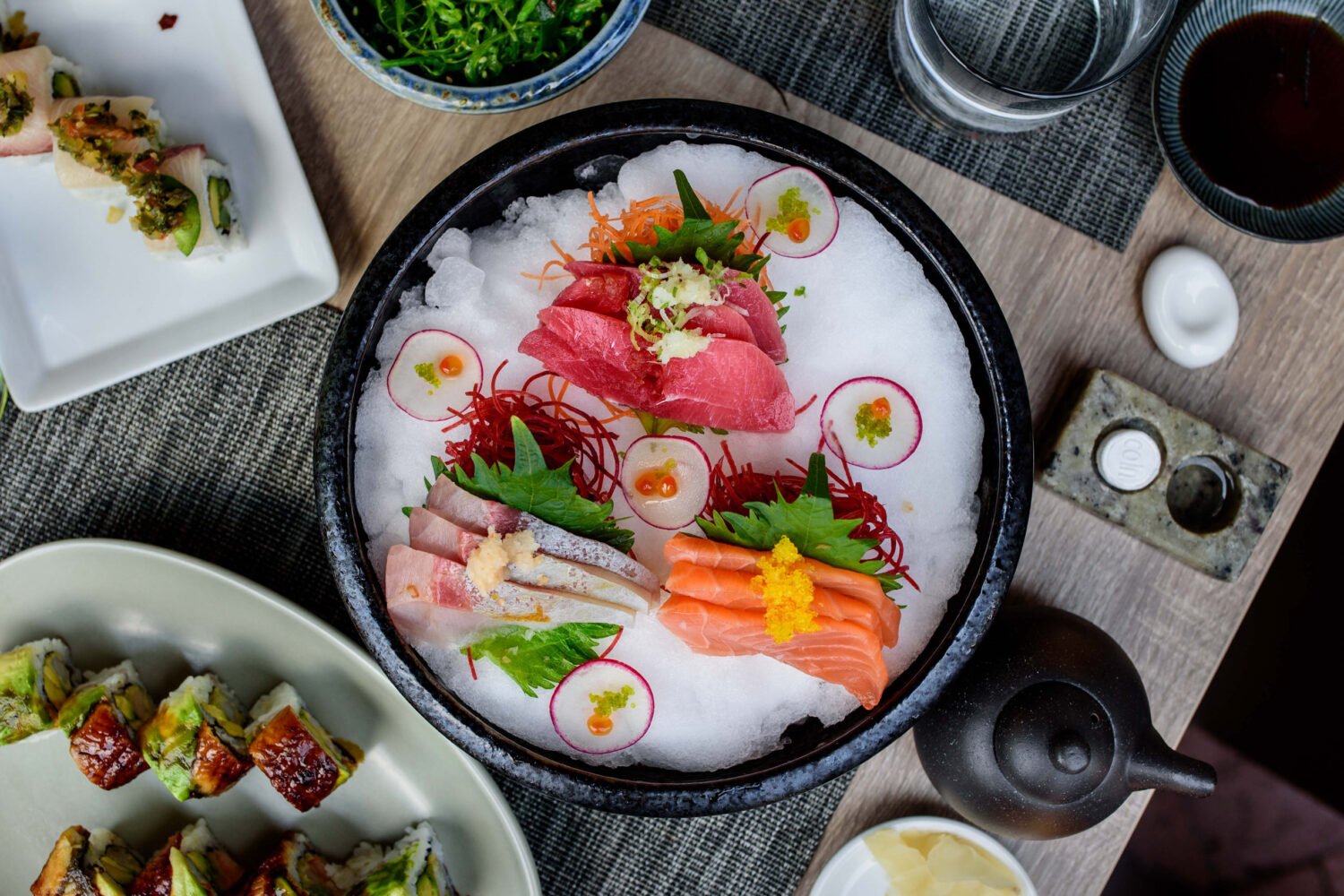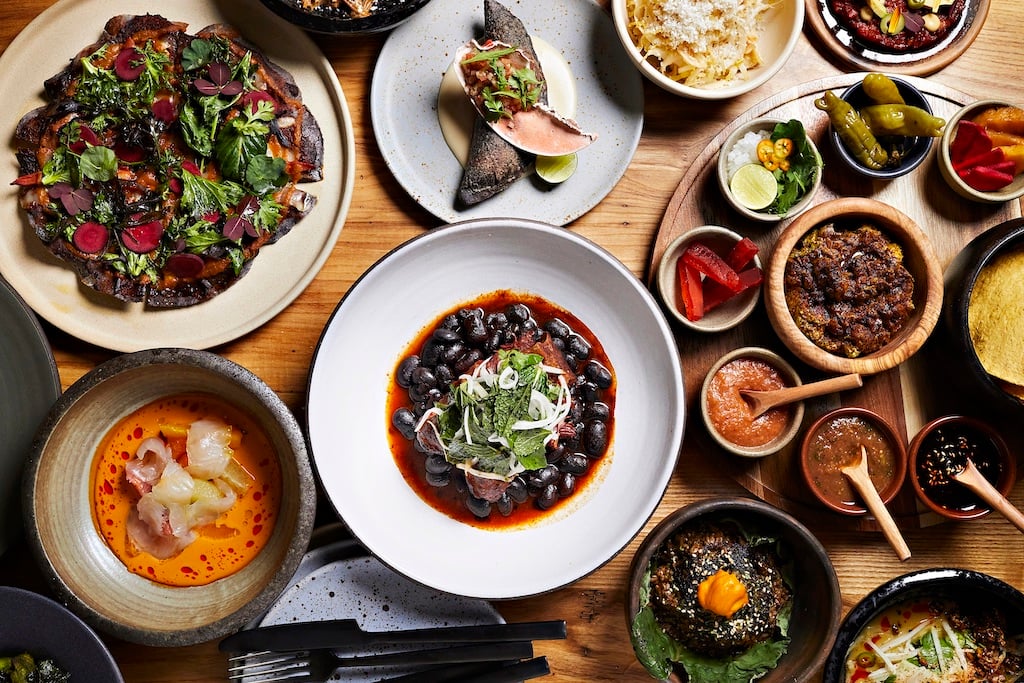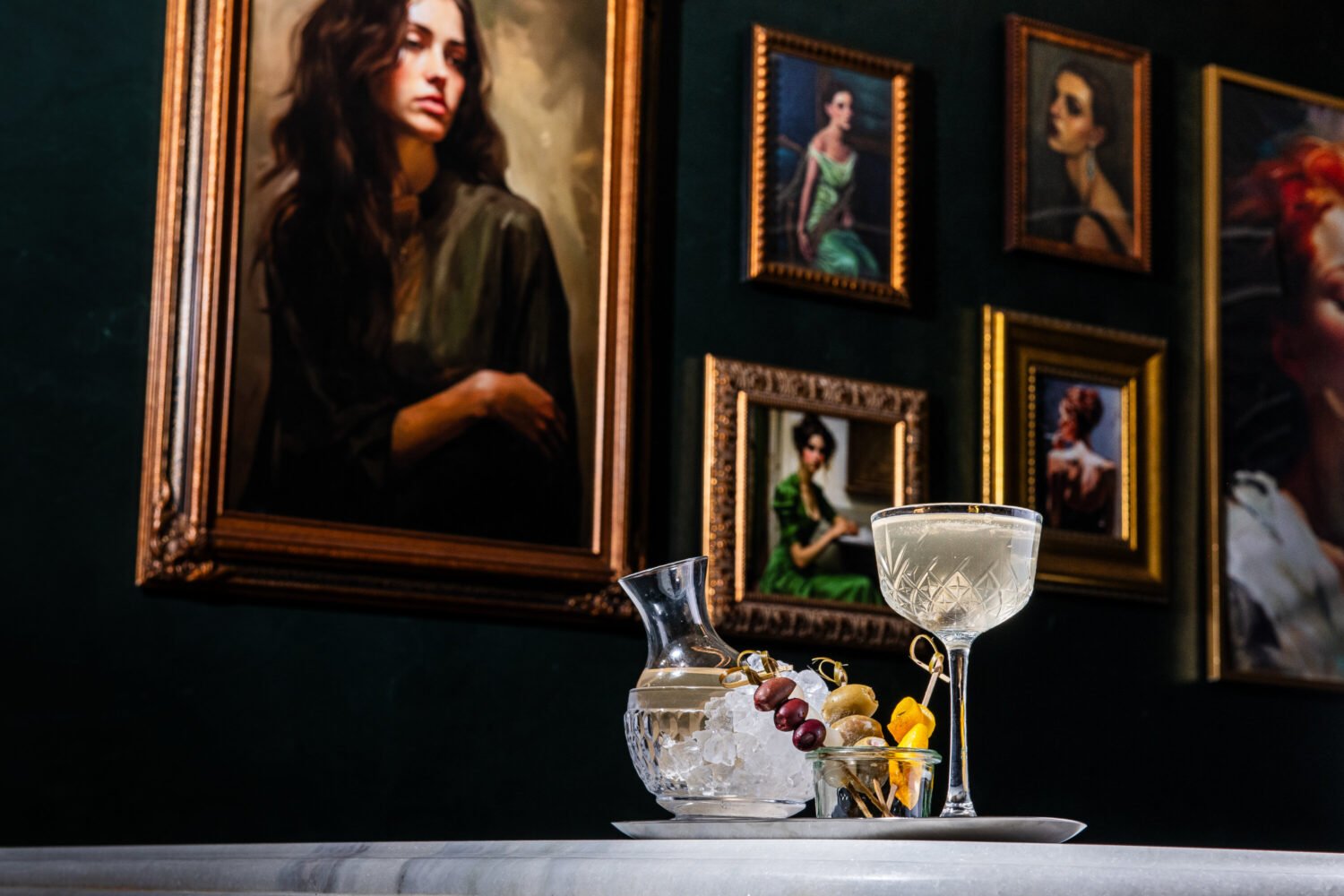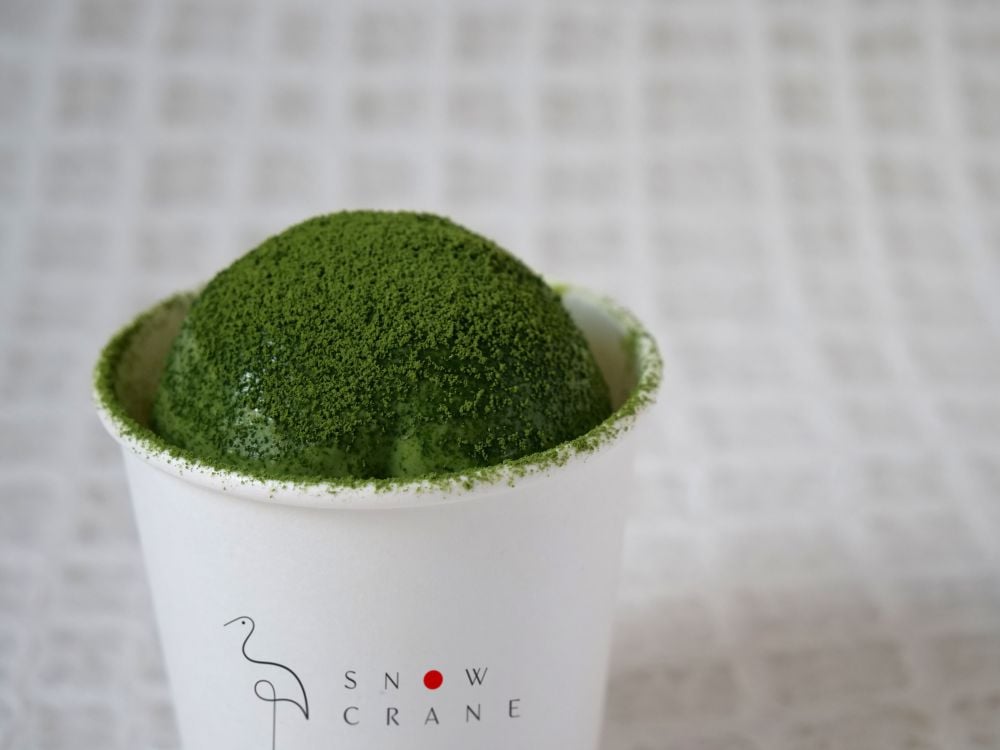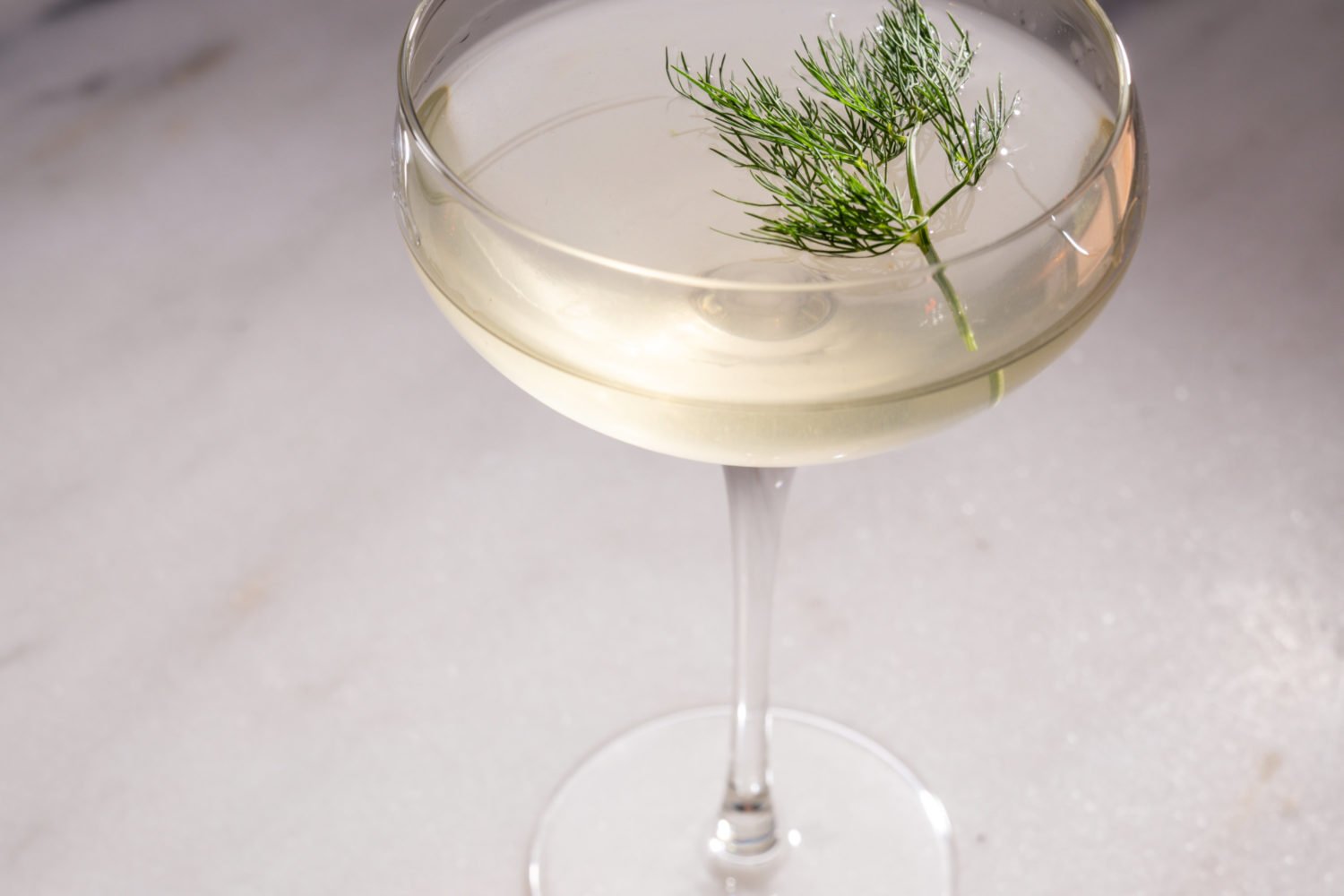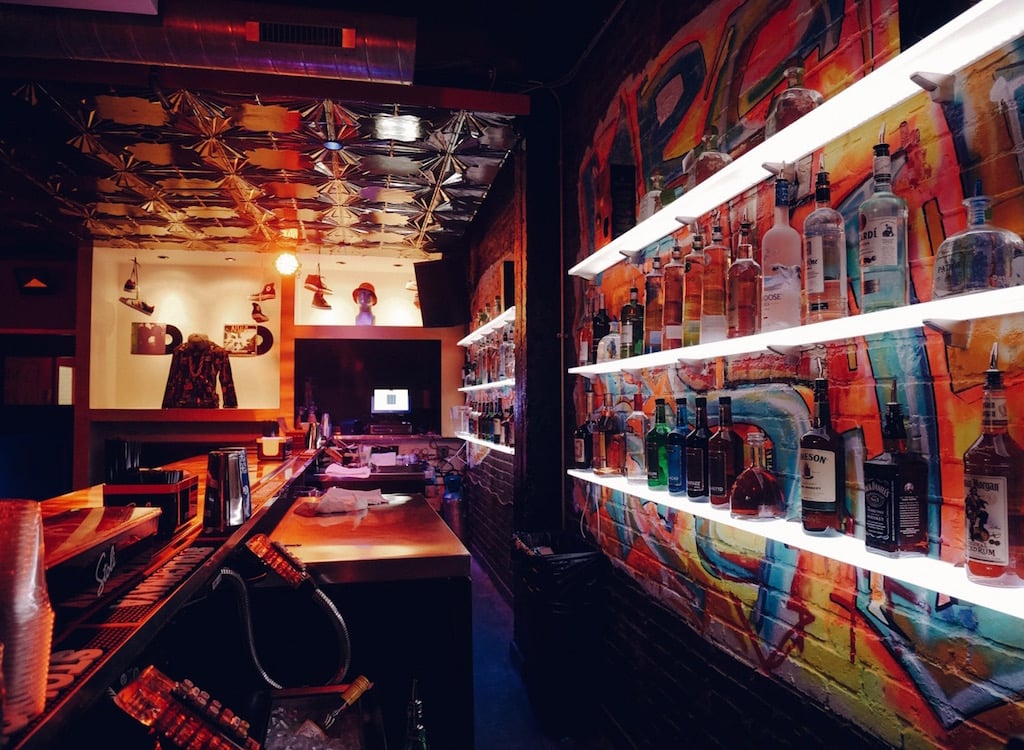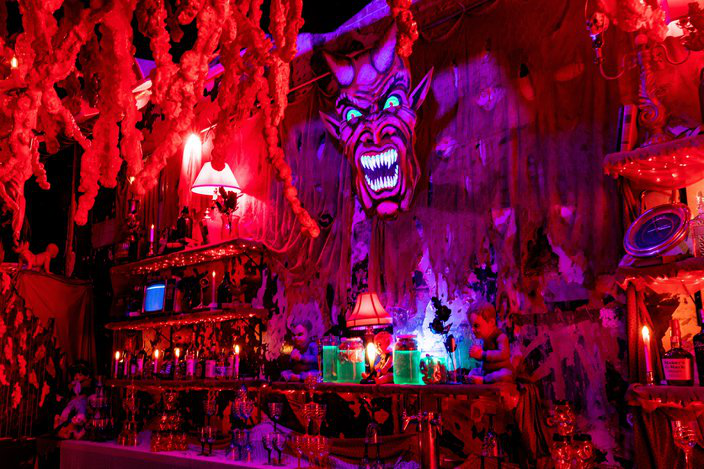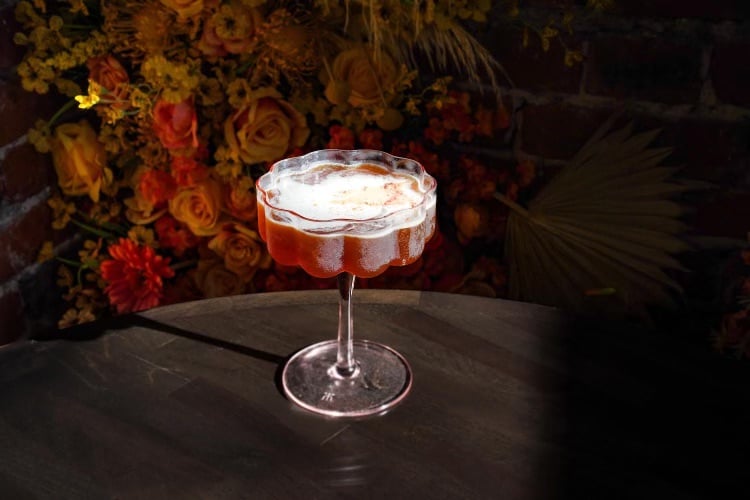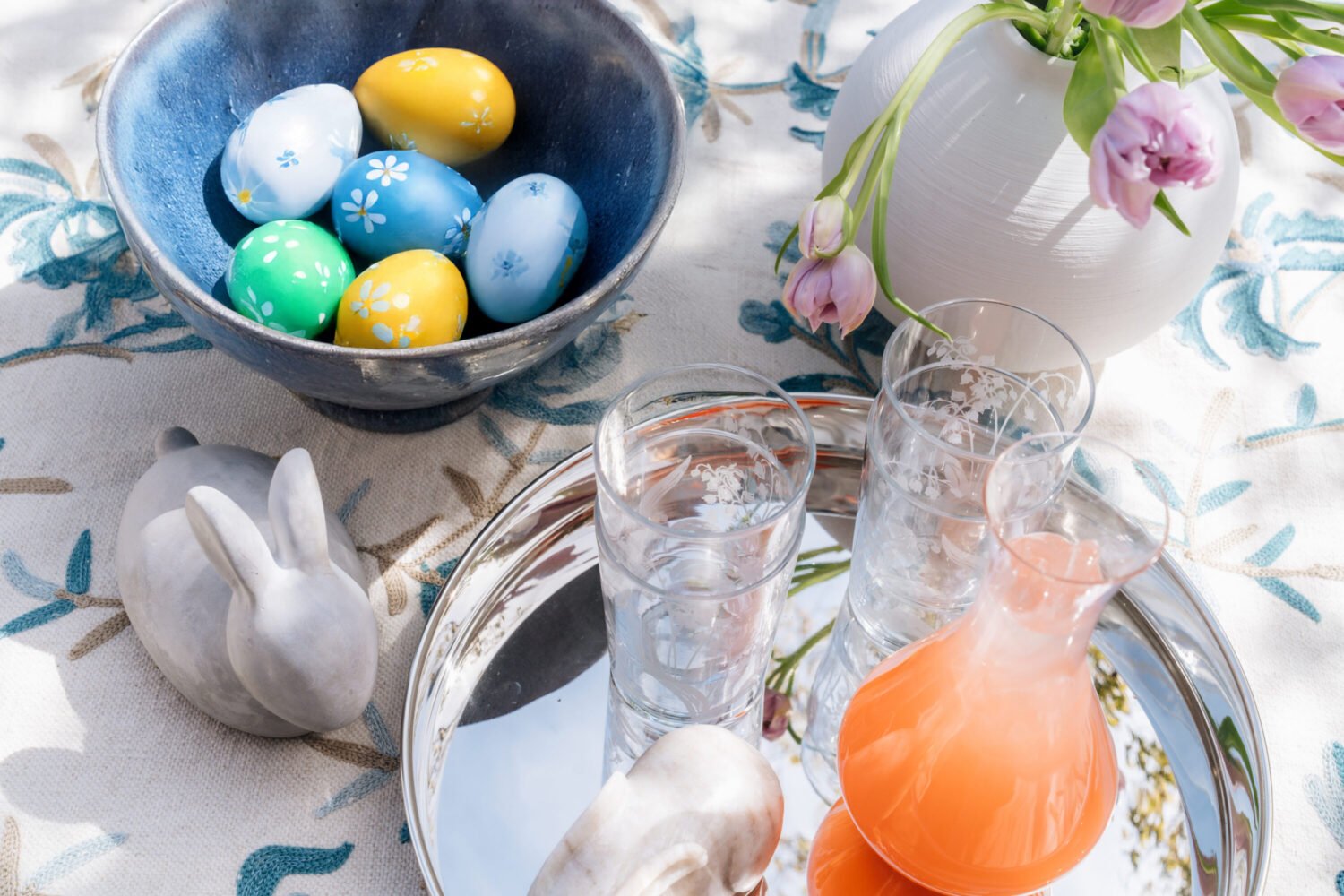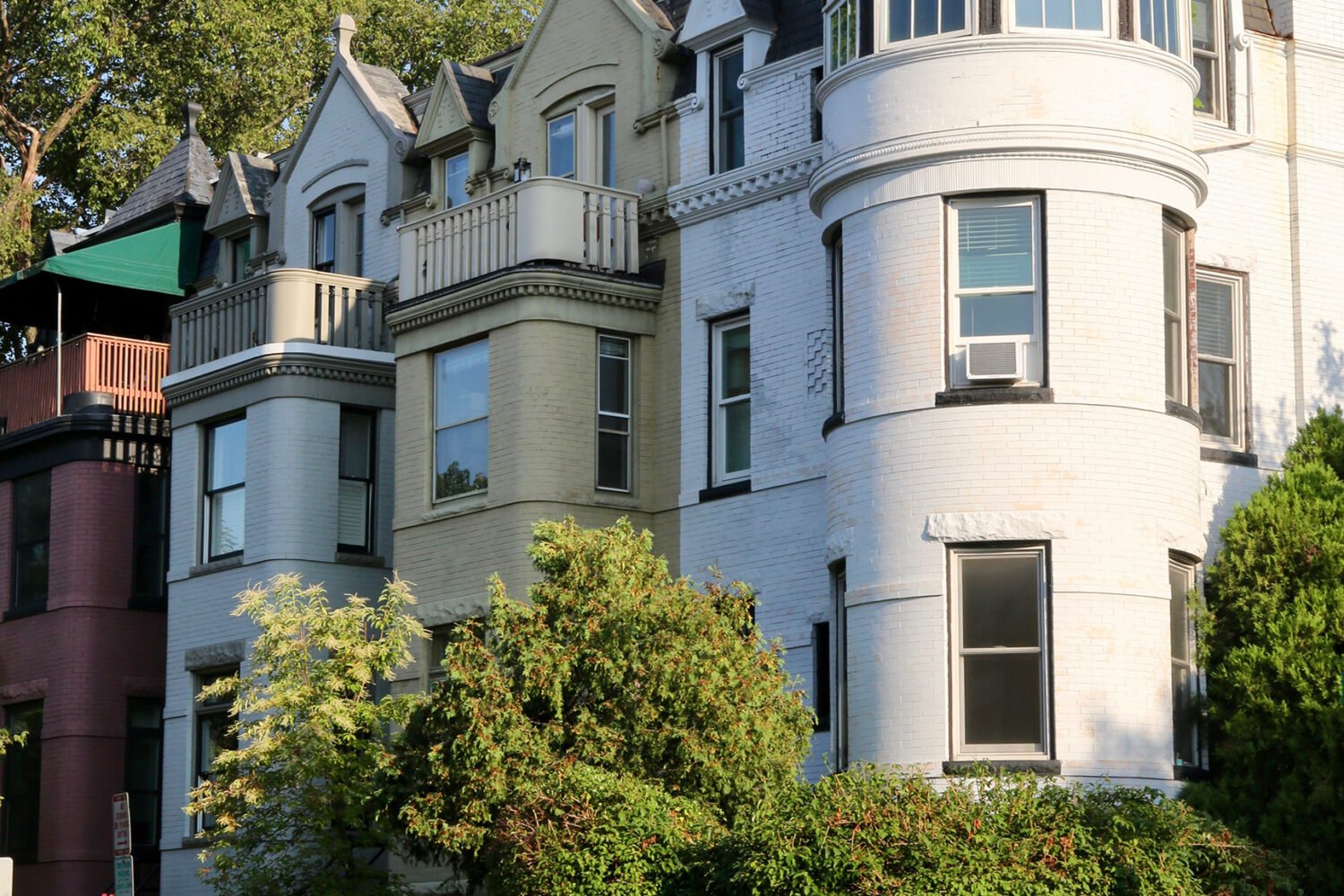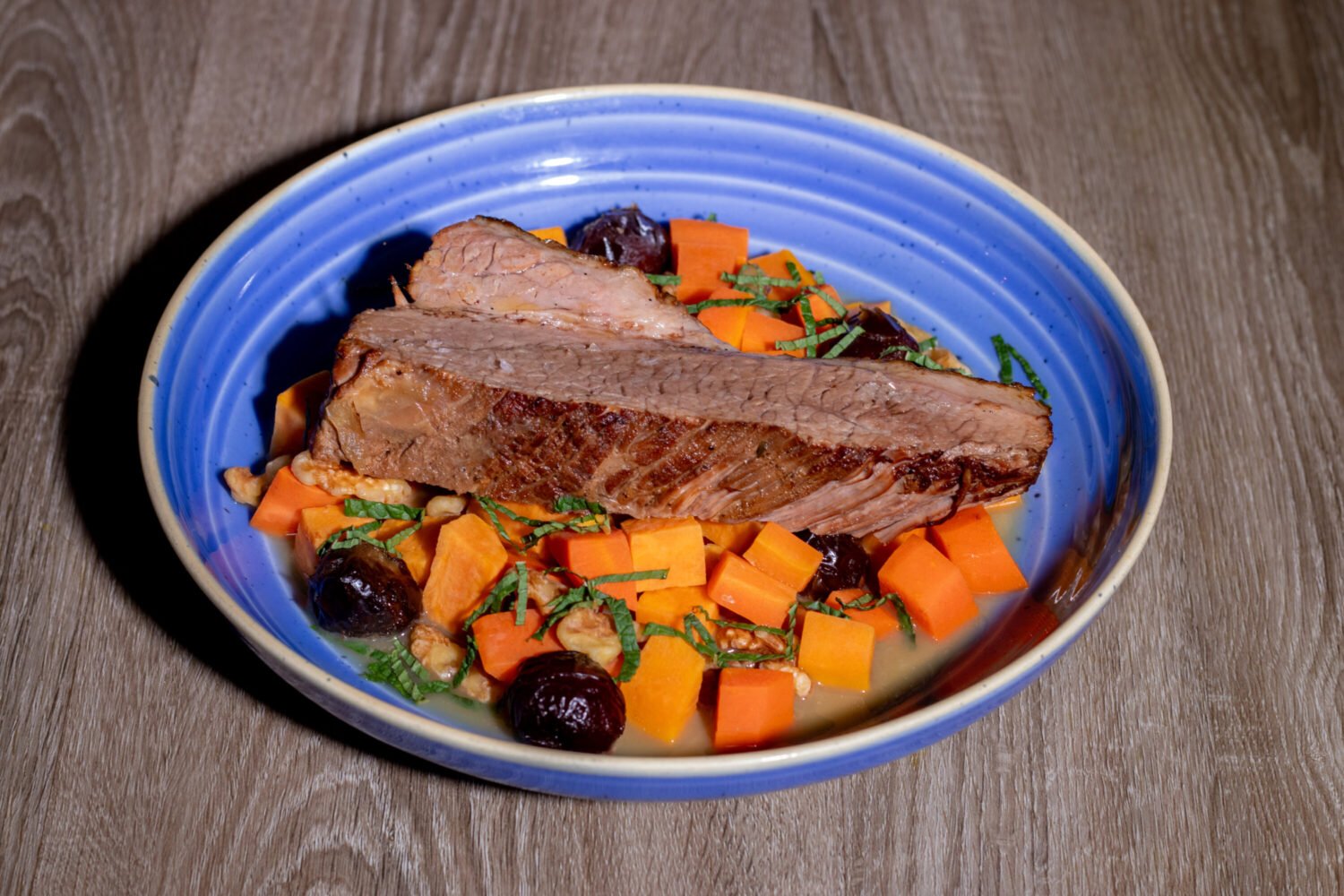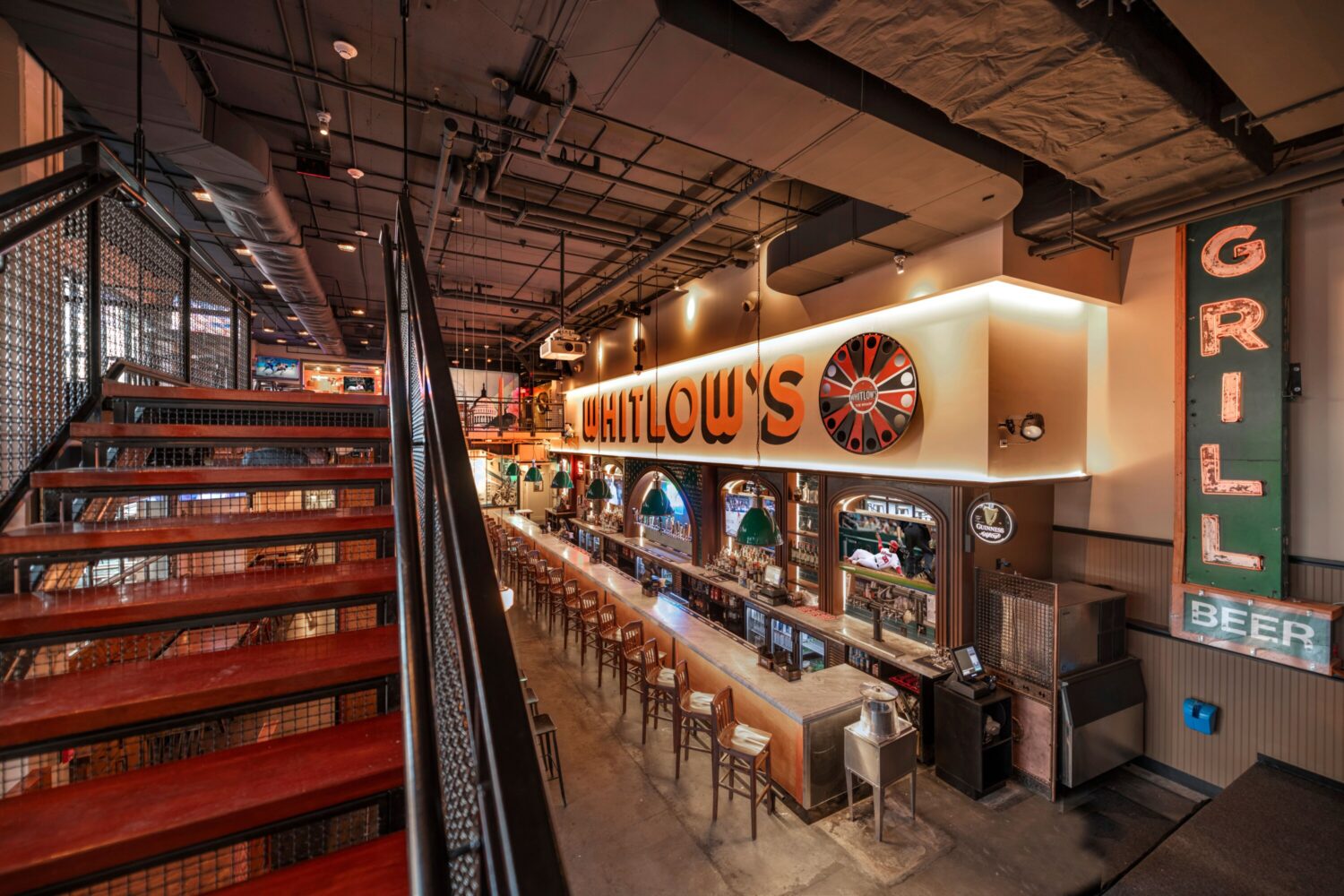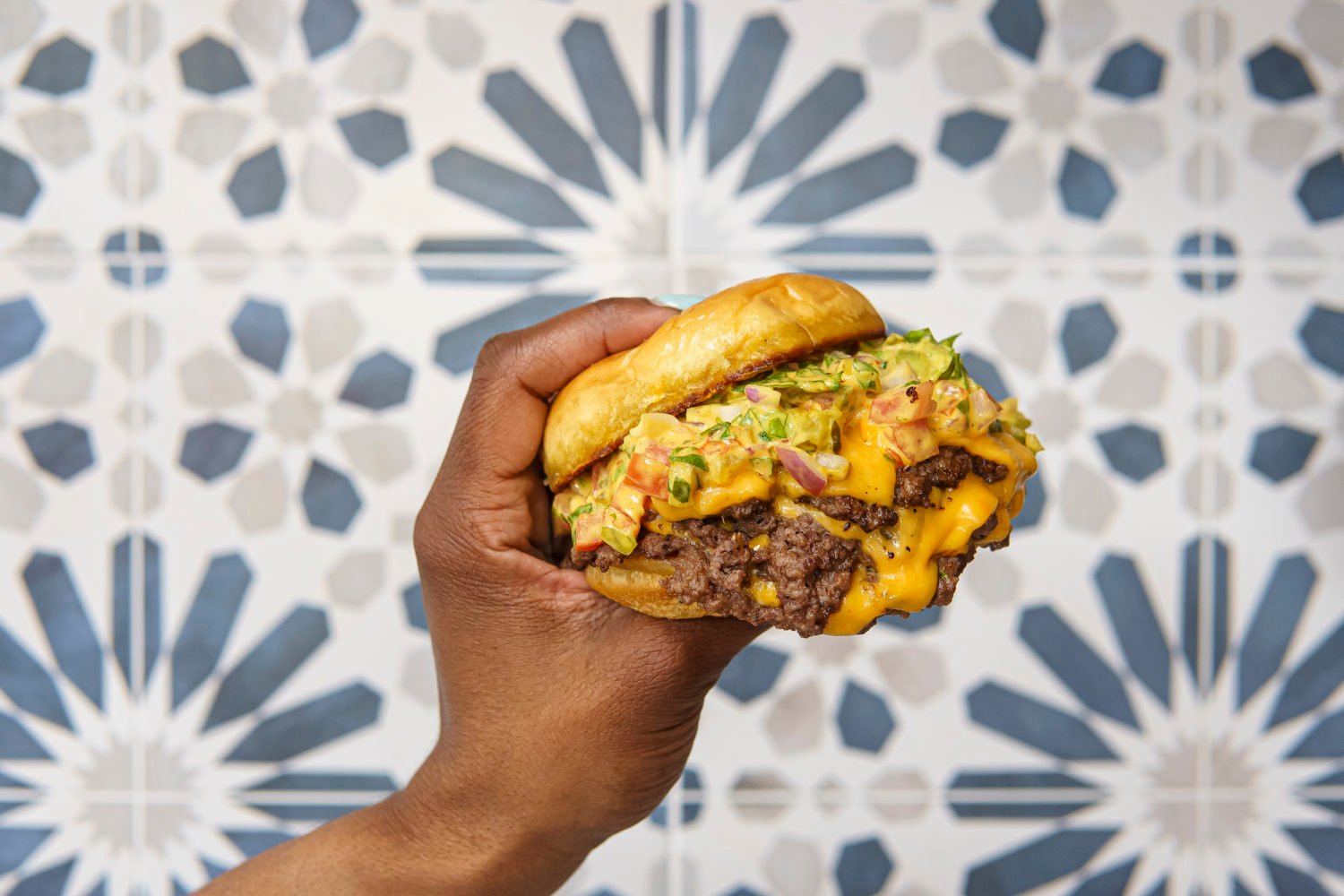Columbia Room, one of the most ambitious and revered cocktail bars in DC and around the country, will permanently close on February 11. Taking over the Blagden Alley space is another legendary bar—New York’s Death & Co—which inspired founder Derek Brown before he opened his original drinking den 12 years ago.
“I love cocktails, but my life has changed, and I don’t really serve them in the same way that I did,” Brown says. By that, the longtime bar star means that he rarely drinks alcohol anymore. Several years ago, Brown learned he had bipolar depression and started to come to grips with a drinking problem that was damaging his health, finances, and well-being. Through therapy and outpatient treatment, he started to reprioritize his life and has since found a new path in the bar industry advocating for no- and low-alcohol cocktails.
“It’s sort of the like, in some ways, my scope has changed from well-made cocktails to well-being,” Brown says. “The changes I’ve made in my life are reflected in what I want to do.”
Brown is now studying positive psychology at the University of Pennsylvania and working as Director of Education for Spiritless, a company that produces a zero-proof bourbon called Kentucky 74. He also just released a book on no- and low-alcohol cocktails called Mindful Mixology and plans to continue educating people on that topic—in whatever form that ultimately takes. One thing he doesn’t have planned, however, is another bar.
Brown won’t be handing Columbia Room’s home over to just anyone. He first visited Death & Co in New York more than a decade ago as an up-and-coming sommelier looking to break into the cocktail world. The experience was eye-opening: “They were almost this advanced study for me in cocktails. If you like the Columbia Room, it’s because you like what I learned at Death & Co.”
In the years since, Brown has become good friends with Death & Co owners Dave Kaplan, Alex Day, and Devon Tarby. They’ve traveled together, done events together, and openly traded ideas and inspiration. For example, the group’s acclaimed (but now-closed) Los Angeles bar the Walker Inn was modeled in many ways after Columbia Room.
Death & Co already has outposts in Denver and Los Angeles beyond its New York flagship, and the team has been interested in expanding to DC for years. Brown had been one of their go-to guides to the local market, but it wasn’t until this past fall that he suggested the space they were looking for might be his own.
“No matter where we went in DC, we were going to be living in Derek’s shadow,” Death & Co founder Dave Kaplan says. “We feel a tremendous amount of pressure to honor the space.”
Kaplan says they hope to carry on the philosophy of Columbia Room, especially when it comes to an inclusive approach to hospitality and a people-first work environment with health care and benefits for staff.
One of the bigger differences will be that Death & Co will not have a cocktail tasting menu. And of course, it’s its own bar with its own identity—one that the owners hope to make distinct even from other Death & Co locations. They’ll be hiring an all-local team, and the menu will be completely original to DC.
The bar will undergo a “major” renovation, which will include opening up the space so it feels less like separate concepts under one roof. Although the Death & Co aesthetic varies from city to city, Kaplan says they plan to incorporate some elements of their dark and moody original, such as a white marble bar and wood-slat ceiling. Also expect some “thoughtful and meaningful nods” to Columbia Room. Still TBD is whether or not the new bar will somehow integrate the tasting room’s epic, custom mosaic into the design.
Death & Co also aims to host some events or pop-ups leading up to its fall opening, some of which they hope will even involve Brown, Kaplan says.
“This whole thing is tricky, to be honest,” Kaplan says. “We love the romance of carrying and accepting this baton. But as we enter into this, it’s going to be a really fine line to walk—to acknowledge the wonderful history that Columbia Room has, but also go in there and assert ourselves as our own place.”
Columbia Room first opened in 2010 as a 10-seat bar hidden in the back of the original location of the Passenger in Shaw. (Brown’s description of the place at the time: “It’s a science-lab-meets-bar based on the ritualistic history of the cocktail. I might take 20 minutes to measure out a drink with an eyedropper.”) Between the intimate service and hand-carved ice (a novelty at the time), Columbia Room quickly became a hot destination for cocktail geeks and date-nighters, and was considered a pioneer in DC’s burgeoning modern bar scene.
In 2014, that location closed as the bar’s building was redeveloped into offices. Columbia Room relocated to bigger digs in Blagden Alley in 2016 with a boundary-pushing tasting room, “spirits library” highlighting rare and vintage bottles, and al fresco punch garden. In 2017, the establishment was name “Best American Cocktail Bar” at annual bartender gathering Tales of the Cocktail in New Orleans.
Over the course of the pandemic, Columbia Room transformed again, offering cocktails to-go for the first time and hosting pop-ups like sandwich shop Your Only Friend and, more recently, Disco Mary, focused on no- and low-alcohol cocktails. (As for the future of that, Brown says his partner Maria Bastasch, who spearheaded Disco Mary, has “lots of cool shit planned.”)
“I absolutely love the Columbia Room. It’s been a personal statement of mine in so many ways,” Brown says. Looking back, though, the thing that makes him proudest—as cheesy as it may be—is seeing all the talent who’ve come through the bar go on to open places of their own, and make their own own mark on the food and drink scene.
“A piece of Columbia Room exists throughout the city and its influence throughout the country,” Brown says. “So this is a good moment. This is a happy moment for me.”

